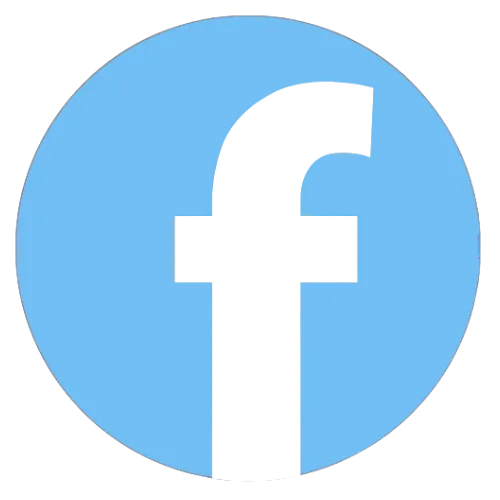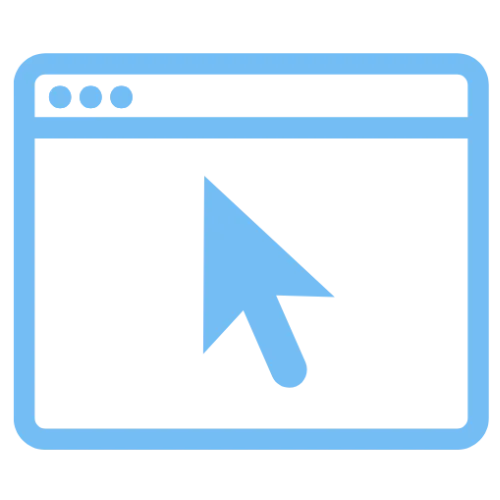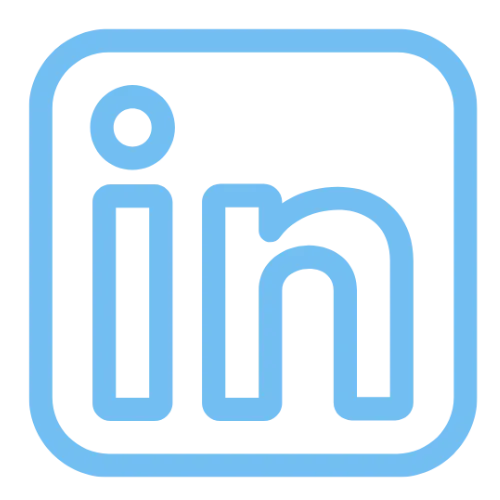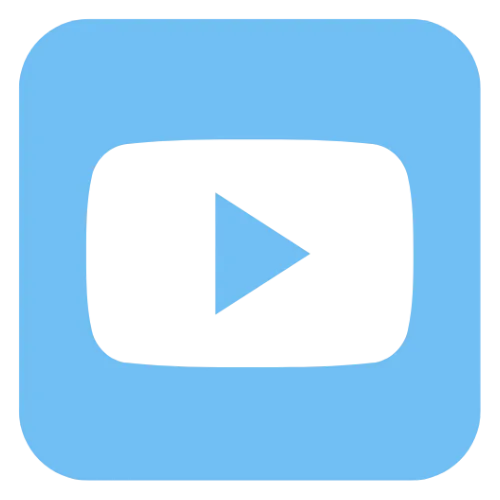
Mastering the Modern Job Interview: A Comprehensive Guide for 2025
Mastering the Modern Job Interview: A Comprehensive Guide for 2025
Preparing for interviews has become more crucial than ever. As we enter 2025, the landscape of job interviews continues to evolve, combining traditional questions with modern challenges. Let's dive into what you need to know to ace your next interview.
The Foundation: Preparing Your Story
The most fundamental interview question remains "Tell me about yourself." This seemingly simple prompt often sets the tone for the entire interview. Rather than providing a chronological biography, successful candidates use what I call the "Present-Past-Future" framework. BUT you are going to first ask back "what specifically would you like to know?" This easy question will help a TON here, so you can give them specifically what they want to know:
Present: Start with your current role and recent achievements
Past: Bridge to relevant experience that led you to this point
Future: Connect everything to why you're perfect for this position
This approach typically takes 60-90 seconds and gives interviewers exactly what they need to start forming a positive impression.
Beyond the Basics: Modern Interview Priorities
Today's employers are increasingly focused on several key areas:
Adaptability and resilience
Remote work capabilities
Digital literacy
Cultural fit and emotional intelligence
Problem-solving abilities
Leadership potential (even for non-management roles)
Understanding these priorities helps you frame your responses effectively, regardless of the specific question being asked.
The Most Critical Modern Interview Questions
While traditional questions remain important, several new themes have emerged as crucial in 2025's job market:
Remote Work Capability
Employers want to know about your experience with:
Virtual collaboration tools
Self-motivation and time management
Communication in digital environments
Work-life balance maintenance
Home office setup and productivity strategies
Cultural Contribution
Companies are increasingly interested in:
Your impact on team dynamics
How you handle diversity and inclusion
Your approach to workplace relationships
Your preferred work environment
Your definition of company culture fit
Handling Challenging Scenarios
Some of the most difficult questions require special preparation. Here's how to handle three particularly challenging scenarios:
1. Salary Discussions
When asked about salary expectations, remember these key points:
DO NOT GIVE A NUMBER - if asked for a number, respond with "I need to do more research" or "I would like to see the total benefit package". If you give a number, you are now anchored at that number.
Research industry standards beforehand
Consider your experience level and unique skills
Factor in the complete compensation package
Be prepared to give a range rather than a specific number
Consider local market conditions and cost of living
2. Past Failures
When discussing failures, use the STAR method:
Situation: Set the context
Task: Explain what was required
Action: Describe what you did
Result: Share what you learned and how you grew
3. Career Changes
If you're changing careers, focus on:
Transferable skills
Relevant experiences outside of work
Your motivation for the change
How your diverse background adds value
Your commitment to learning and growth
The Art of Asking Questions
Remember that interviews are a two-way street. Prepare thoughtful questions that demonstrate your interest and research. Some effective areas to explore include:
Company Growth and Development
"What are the biggest opportunities and challenges facing the company in the next year?"
"How does this role contribute to the company's long-term goals?"
Team Dynamics
"Can you describe the team's communication style?"
"What does success look like for this team?"
Professional Development
"What learning opportunities are available?"
"How does the company support career growth?"
Technology and Digital Presence
In 2025, your digital presence matters more than ever. Before your interview:
Audit Your Online Presence
Review all social media profiles
Update your LinkedIn profile
Check your digital portfolio if applicable
Ensure your virtual interview setup is professional
Technical Preparation
For virtual interviews:
Test your equipment beforehand
Have a backup internet connection ready
Choose a professional background
Practice speaking to the camera
Prepare for technical assessments if relevant
The Power of Soft Skills
Modern employers place increasing emphasis on soft skills. Be prepared to demonstrate:
Emotional Intelligence
Self-awareness
Empathy
Social skills
Relationship management
Communication Abilities
Clear articulation of ideas
Active listening
Written communication
Non-verbal communication
Adaptability
Learning from experience
Handling change
Dealing with uncertainty
Problem-solving under pressure
Closing Strong
The end of the interview is crucial. Remember these key points:
Final Impressions
Reiterate your interest in the role
Summarize your key strengths
Address any concerns that came up
Ask about next steps
Follow up appropriately
Post-Interview Actions
Send a thank-you note within 24 hours
Reference specific conversation points
Provide any promised information promptly
Maintain professional communication
Be patient but persistent in follow-up
The Future of Interviewing
As we move through 2025, several trends are shaping the future of job interviews:
Emerging Interview Formats
AI-powered preliminary screenings
Virtual reality assessments
Group virtual interviews
Asynchronous video interviews
Hybrid in-person/virtual formats
Skills Assessment Changes
Companies are increasingly using:
Real-time problem-solving exercises
Virtual team collaboration tasks
Technical assessments in actual work environments
Personality and cognitive assessments
Cultural fit evaluations
Final Thoughts
Success in modern job interviews requires a combination of preparation, authenticity, and adaptability. Remember that while the format and specific questions may vary, the fundamental goal remains the same: to demonstrate that you're the best person for the role.
Key takeaways for 2025 interview success:
Prepare thoroughly but remain authentic
Focus on both technical and soft skills
Be ready for various interview formats
Research thoroughly and ask intelligent questions
Follow up professionally and promptly
By understanding and preparing for these various aspects of the modern interview process, you'll be well-equipped to present yourself as a strong candidate in any interview situation. Remember, the goal isn't just to get through the interview—it's to demonstrate how you can add value to the organization while finding a role that aligns with your career goals and values.








